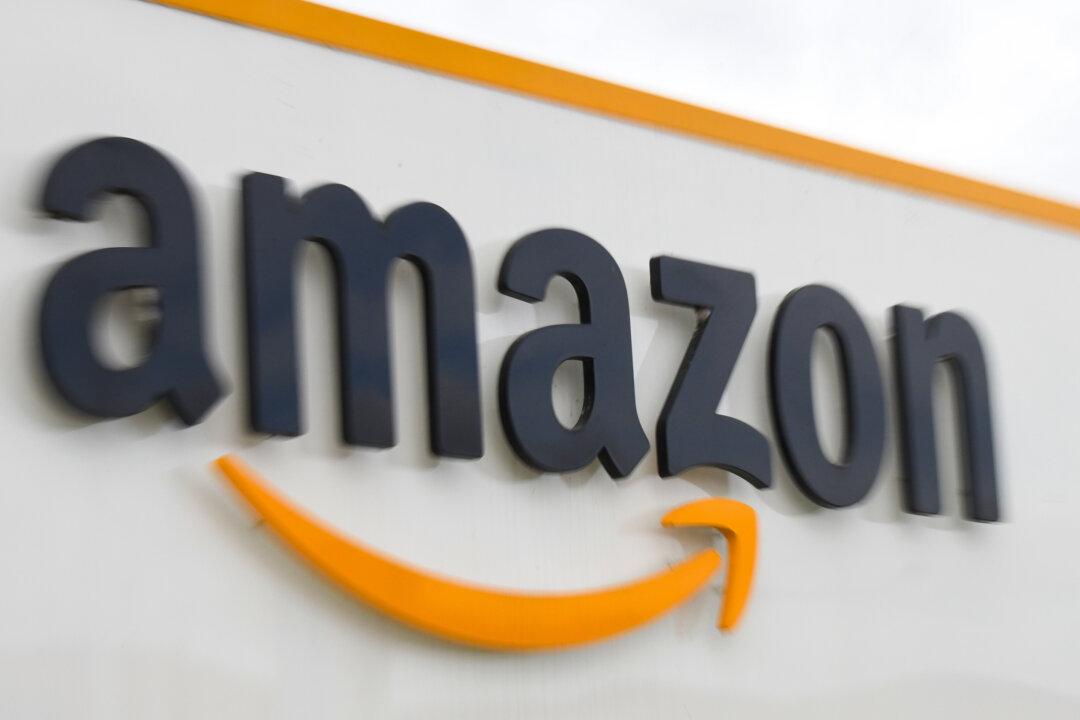Online retail giant Amazon should stop using the embattled Southern Poverty Law Center’s ideologically biased “hate group” list to decide which charities qualify to receive donations under its AmazonSmile program, a consumer group says.
AmazonSmile allows Amazon shoppers to help charities of their choice by donating 0.5 percent of the price of any purchase. The money passes through the Seattle-based AmazonSmile Foundation, which, according to its 2015 IRS filing, disbursed just under $13 million that year for charitable purposes.





